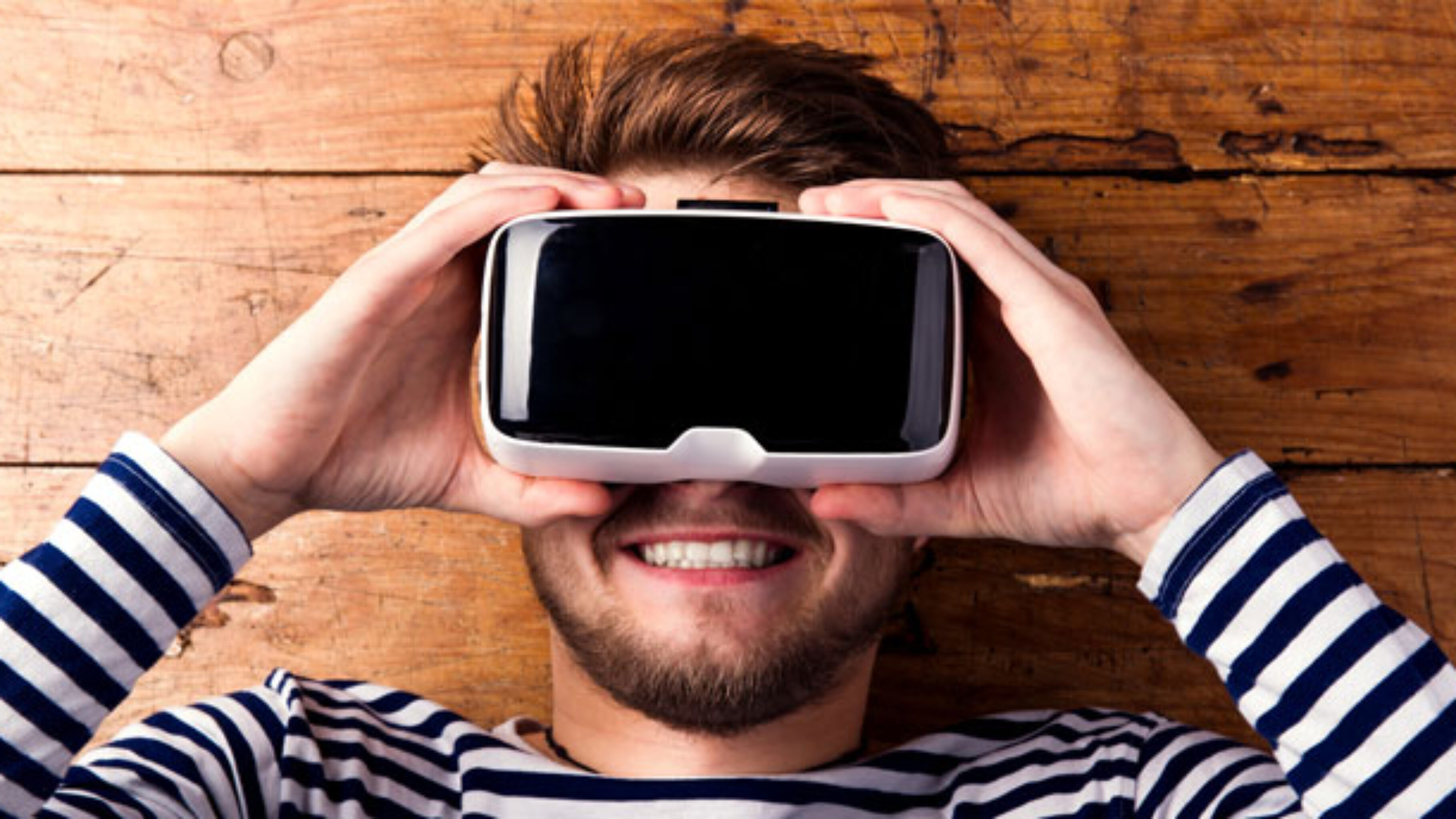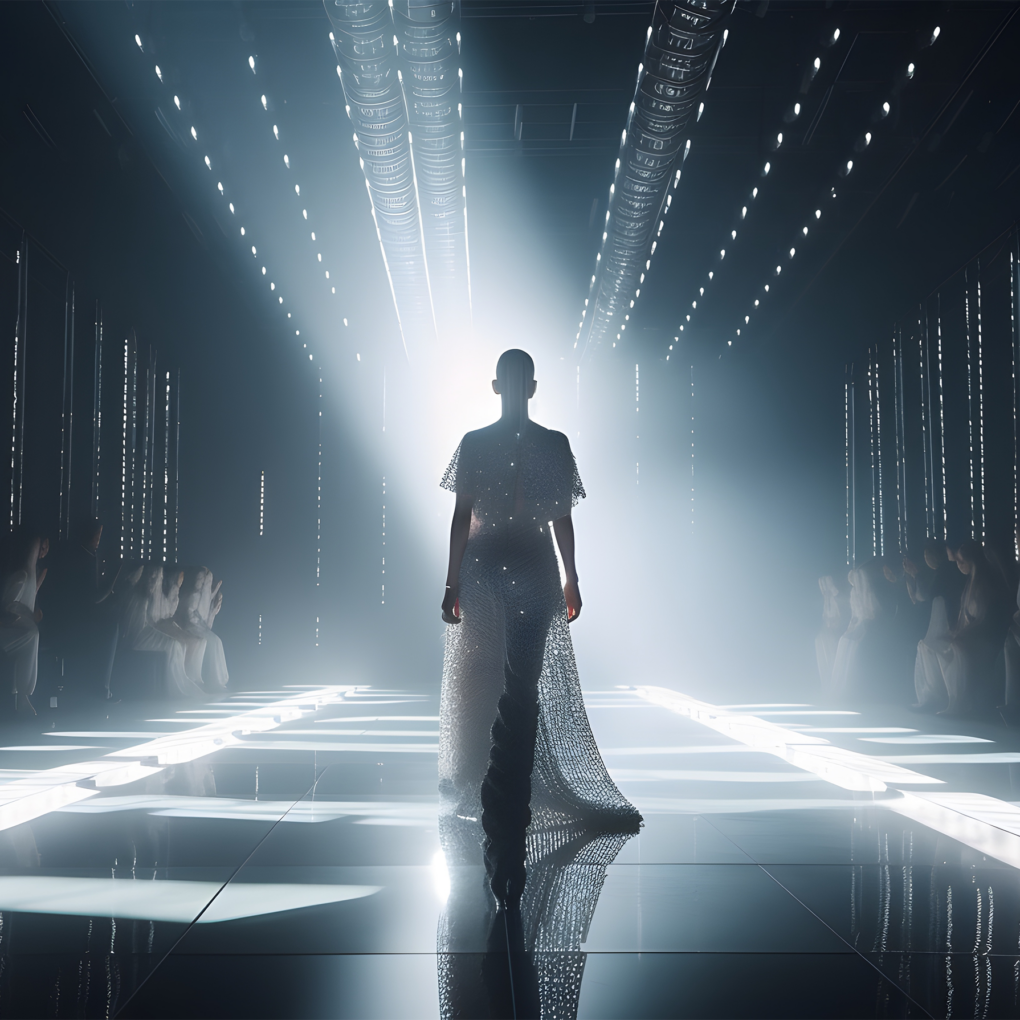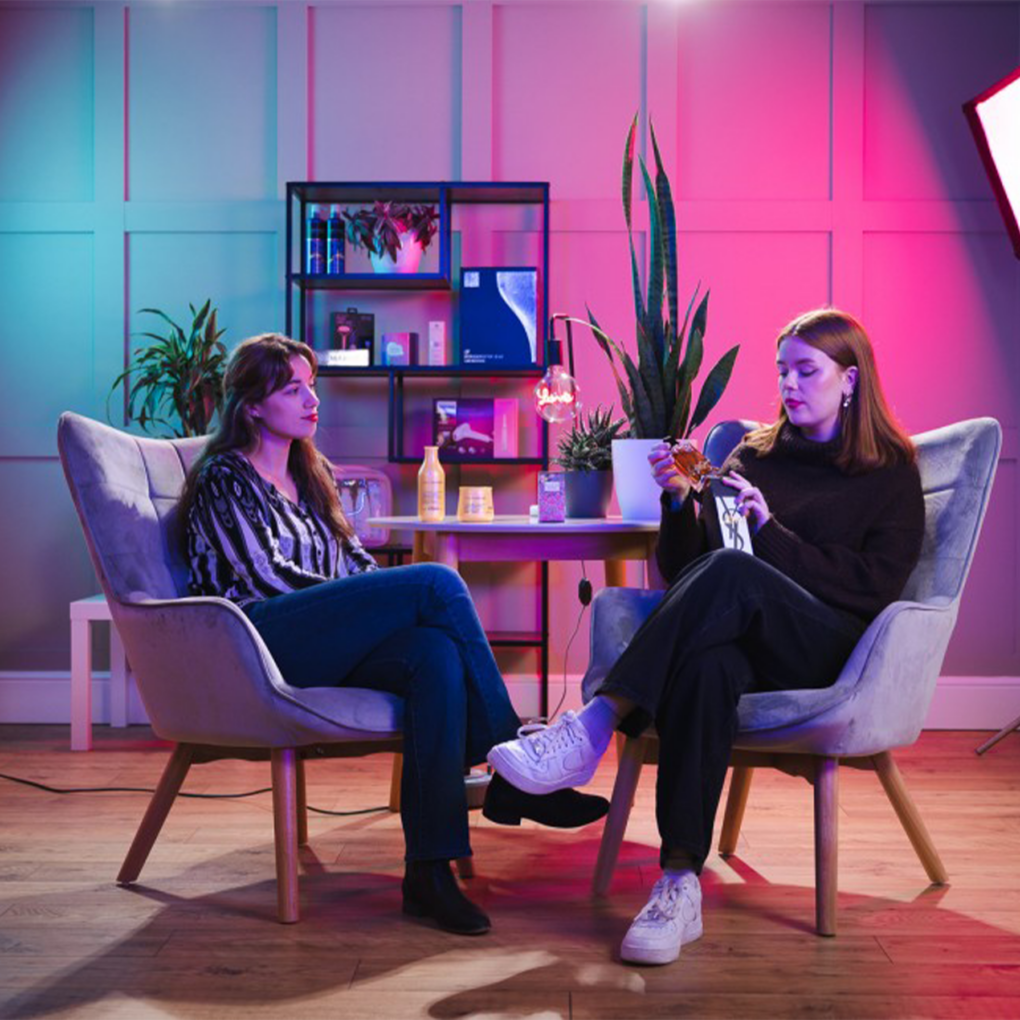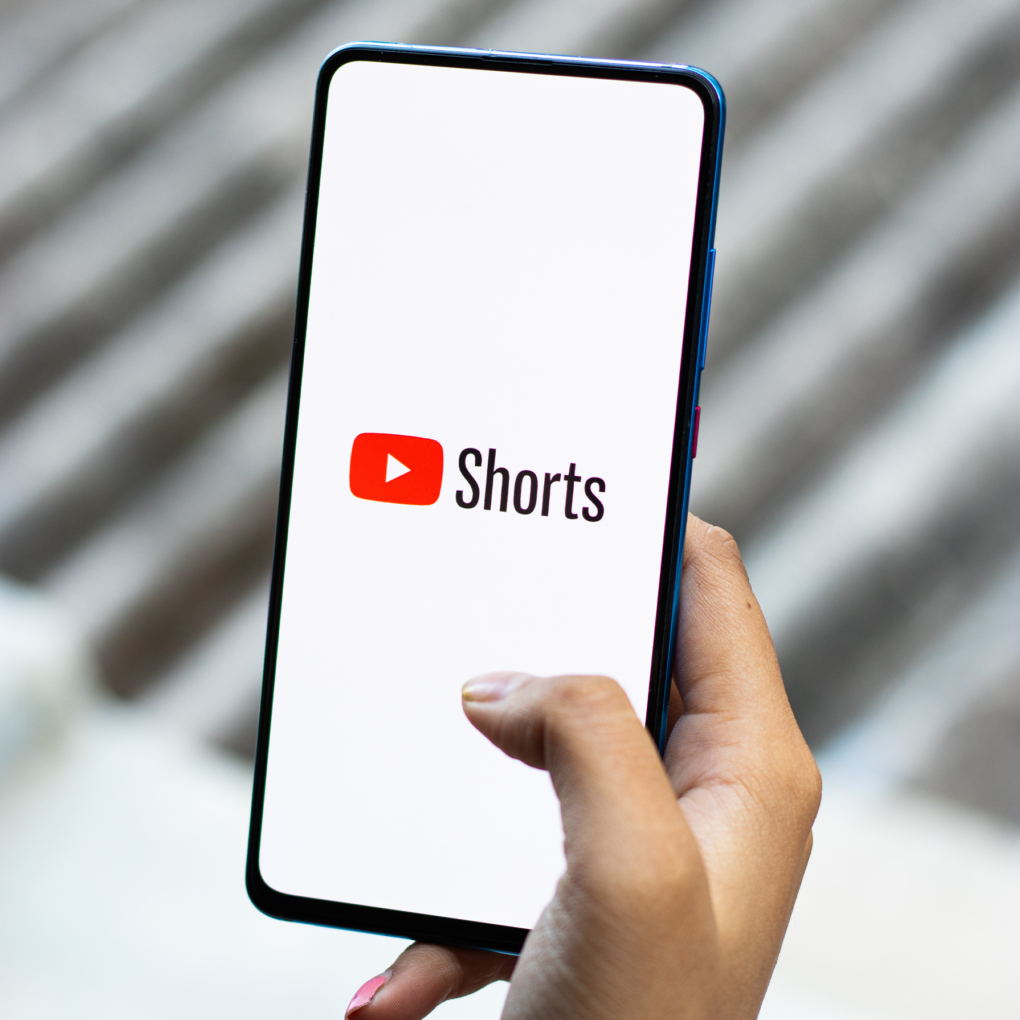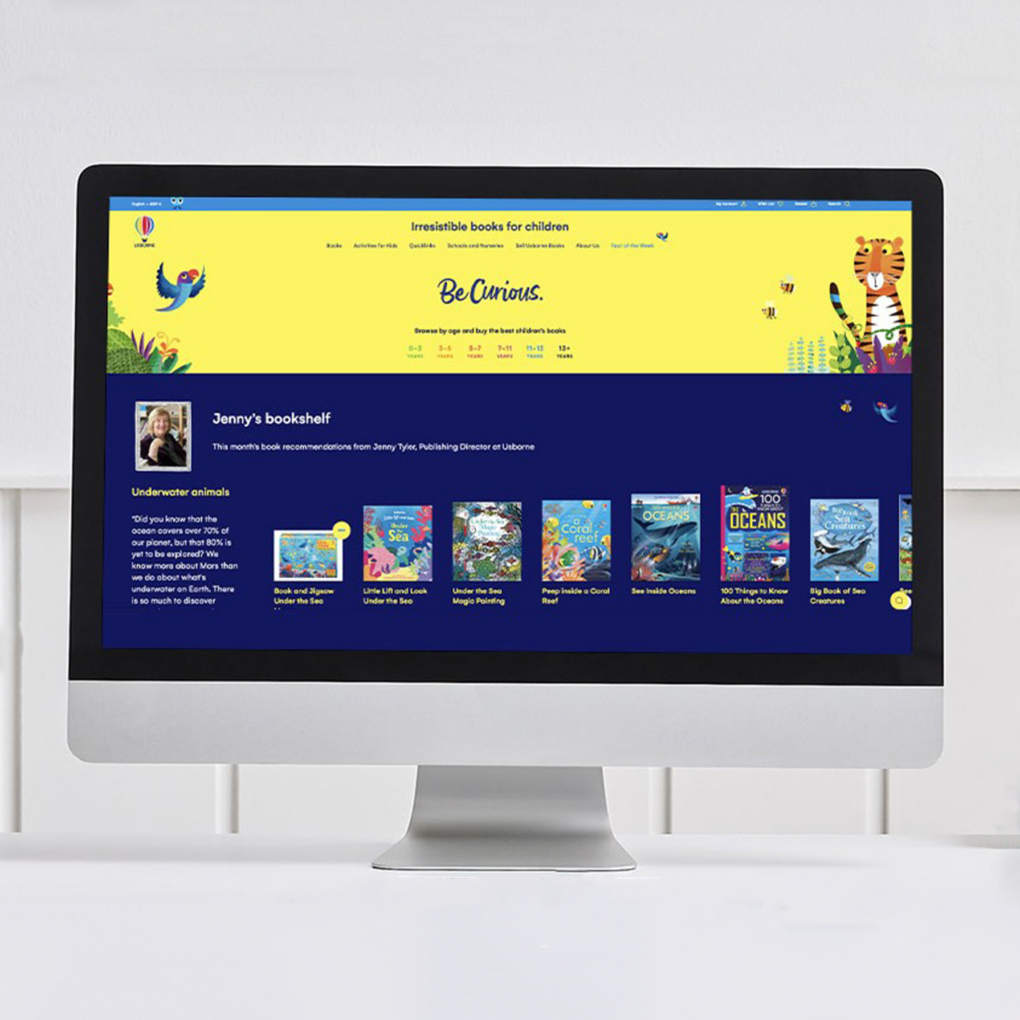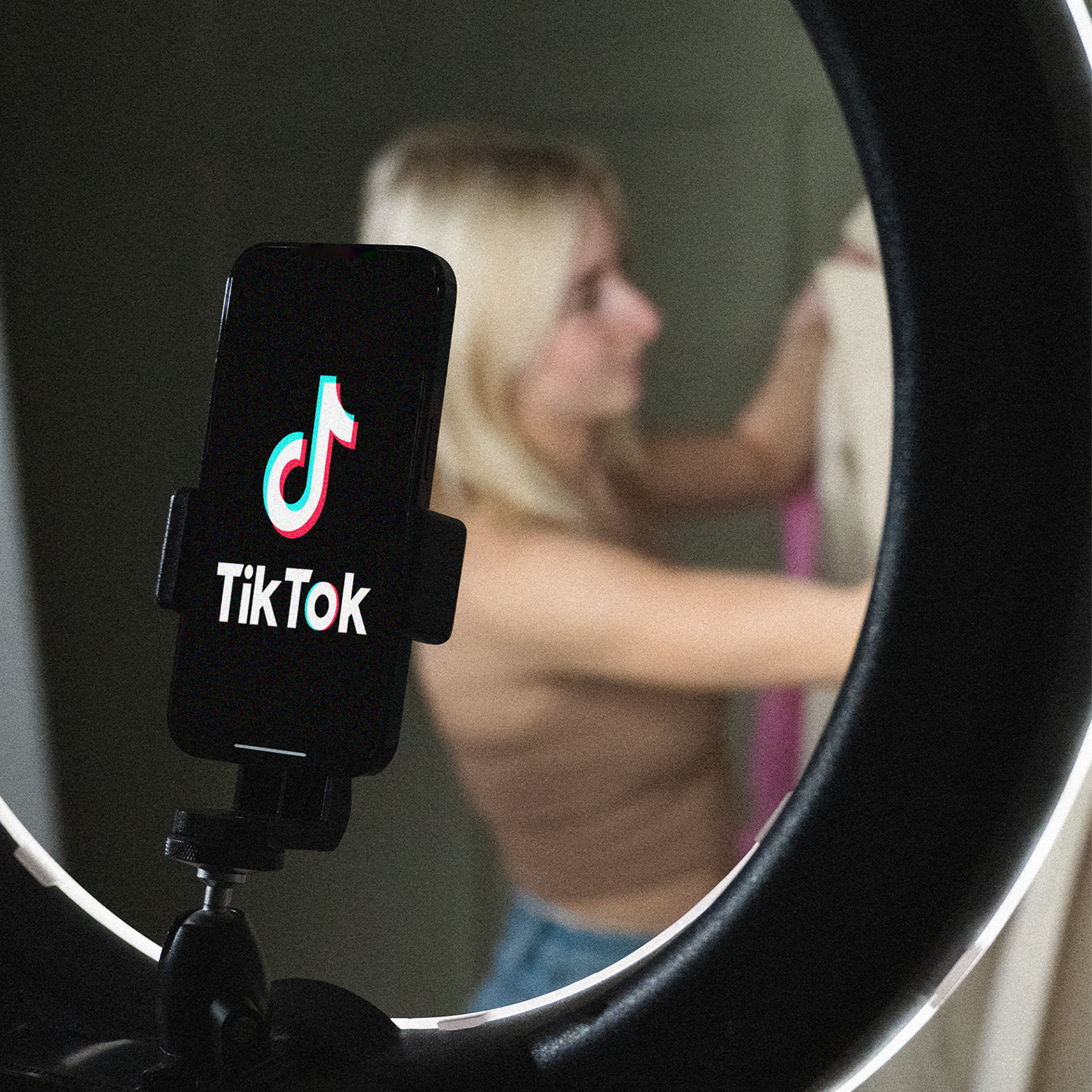Need to activate your brand and really bring it to life? An effective way of doing this is through experiential marketing. This is essentially a marketing strategy that allows you to invite consumers into your world and let them feel, touch and immerse themselves fully in your brand. An obvious way of doing this is through events. If applied successfully, experiential marketing creates a closer bond between your brand and the consumer, through the fun and engaging experience that you provide for them that will hopefully stir positive emotions. And positive emotions and memories are hard to erase. The warm impression you make on consumers will stay with them for the long haul, sowing the seeds of brand loyalty. Customers will get on board with who you are and keep coming back for more. This then enables the all-important customer lifetime value (CLV) to lengthen, something we should all be reaching for in eCommerce and aiming to achieve.
The effect of experiential marketing is massive. It is far more potent a marketing approach than Social Media for example. It is difficult however to measure fully the effect of it’s power, as sales can drip in over long periods.
Let’s look at some key examples:
Nespresso
These coffee bean kings, know how to dress a store front. There’s no picking up a jar at your local Tesco, it’s all about getting in the door and experiencing the store or “boutique” with this brand. The stores are like showrooms, displaying the products in an elegant and luxurious fashion, exactly the attributes that the brand want to exhibit. The experiential marketing element comes in directly, in the way that shoppers are encouraged to speak to staff and get to know the products for themselves. Unlike in most stores the stock is not displayed on the shelves. Consumers have to ask the staff for advice about flavours and textures. Staff are only too happy to offer free samples and advice. This is so much more than a straightforward retail experience and makes a lasting impression on the consumer, one that is in sync with the brand itself.
Toyota
During the launch of it’s redesigned Corollo, Toyota wanted to shed the poor image it was suffering from as a result of the recall of several of it’s carbon efficient models. When it launched the new Corolla, it wanted to engage in an experiential marketing campaign that would make consumers fall in love with Toyota all over again.
They started by inviting 750 people to a party at Barker Hanger, a renowned event space in Santa Monica. The food was served by award winning chefs and the cocktails were spiked with liquid nitrogen to create a fog. The evenings entertainment included an acrobatic show where performers were suspended from the roof, at the end of the show one more thing was suspended from the roof; the latest model of Corolla. An appearance by comedian Adam Corolla, allowed Toyota to pack in even more brand references. The high-end spectacular evening made the attendees feel good and positive, feelings they associate now more directly with Toyota the brand. This will no doubt increase the likelihood of the attendees buying from this brand or recommending it in future.
The Simpsons
To mark the release of their 2007 movie, The Simpsons brand created Kwik-E-Marts, the convenience stores featured in their long running cartoon by partnering with 7-11, who agreed to turn some of their stores into Kwik-E-Marts. The shelves even sold foods like pink donuts and Krusty-O’s, made famous by the TV show. This created a fantastic experience of fiction brought to life for all consumers, but especially for fans of the show. The Simpson’s brand succeeded superbly in providing a great experience for their consumers, who not only went out and saw the movie, but the experience also revitalised their long standing emotional bond with the show.
Experiential marketing is a brilliant way of creating a lasting positive effect on your customers and target consumers. It is a way for you to imprint your brand’s values and image on the hearts and minds of consumers who will stay with you for the long haul, now that they associate you with a good memory. Through providing experiences, such as events and new settings or environments, you will win over consumers who will reward you with increased sales and brand loyalty.
